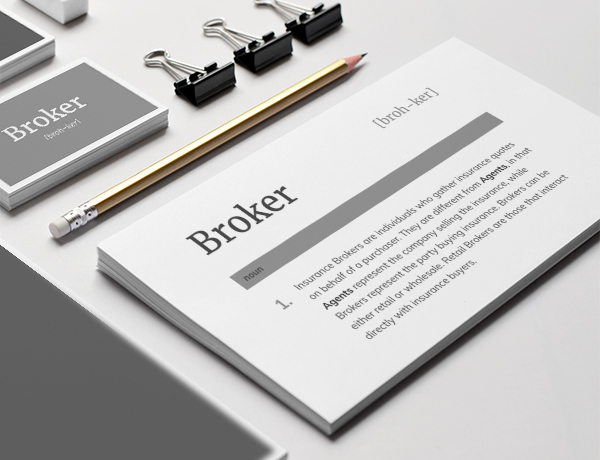Reviewing Your Life Insurance Needs
Life is an ever-evolving journey marked by significant milestones, personal growth, and unexpected changes. As life unfolds, your financial and insurance needs also shift, changing from year to year, decade to decade. A good example of this is life insurance. If you have a life insurance policy that you haven't reviewed recently, it may no longer align with your current needs. That is why reviewing your life insurance periodically may be a good approach.
Several factors affect the cost and availability of life insurance, including age, health, and the type and amount of insurance purchased. Life insurance policies have expenses, including mortality and other charges. If a policy is surrendered prematurely, the policyholder may also pay surrender charges and face income tax implications. You should consider determining whether you are insurable before implementing a strategy involving life insurance. Any guarantees associated with a policy are dependent on the ability of the issuing insurance company to continue making claim payments.
Understanding the Importance of Periodic Reviews
Some may think that once you secure a life insurance policy, you can set it and forget it. But life insurance isn't static. Just as your life doesn't stand still, neither should your life insurance.
Periodic reviews of your policy help keep your life insurance in step with your evolving situation. Changes in your life can impact the role you want life insurance to play.
How to Review Your Life Insurance Needs
Reassessing your life insurance and bringing it in line with your life doesn't have to be complicated. Here are some suggestions that may help:
The DIME Method
One practical approach to determining your life insurance needs is the DIME method. This method involves adding your Debt, Income, Mortgage, and Education expenses.
- Debt - Consider all your outstanding debts, excluding your mortgage. This could include credit card debt, personal loans, or car loans.
- Income - Calculate ten years of your income. This can start to help you understand what financial gaps may occur if you were gone.
- Mortgage - Add the amount required to pay off your mortgage. Using life insurance proceeds to pay off a mortgage may help your family keep its home.
- Education - Estimate the cost of your children's college education. You may want to use a range since costs can vary from school to school.
Life Changes
Has any life-changing event happened to you? These are situations that may alter your needs and responsibilities moving forward.
- Change in Marital Status - A marriage or a divorce can change your financial situation as well as factors such as your policy's beneficiary.
- Birth of Child - A child is a gift. But they are also a financial consideration that you may want to take into account.
- Change in Employment - A new job or role in your company may change your income, which may cause you to reconsider your life insurance benefit.
- Buying, Selling, or Paying off a Home - Changes in ownership or the standing of your mortgage can alter your needs and strategy for the future.
The Value of Professional Guidance
While these steps provide a general idea of your life insurance needs, nothing can replace the expertise of a financial professional, who can provide assistance, answer your questions, and guide you through the process. In addition, a financial professional can provide insights into how certain policies are structured and may have thoughts on the life insurance company you may be considering.
Life insurance is not a one-size-fits-all solution. It is a dynamic financial tool that may need to evolve with your life. Periodic reviews can help determine what your family needs, no matter what life brings your way.
The content is developed from sources believed to be providing accurate information. The information in this material is not intended as tax or legal advice. It may not be used for the purpose of avoiding any federal tax penalties. Please consult legal or tax professionals for specific information regarding your individual situation. This material was developed and produced by FMG Suite to provide information on a topic that may be of interest. FMG, LLC, is not affiliated with the named broker-dealer, state- or SEC-registered investment advisory firm. The opinions expressed and material provided are for general information, and should not be considered a solicitation for the purchase or sale of any security. Copyright FMG Suite.



